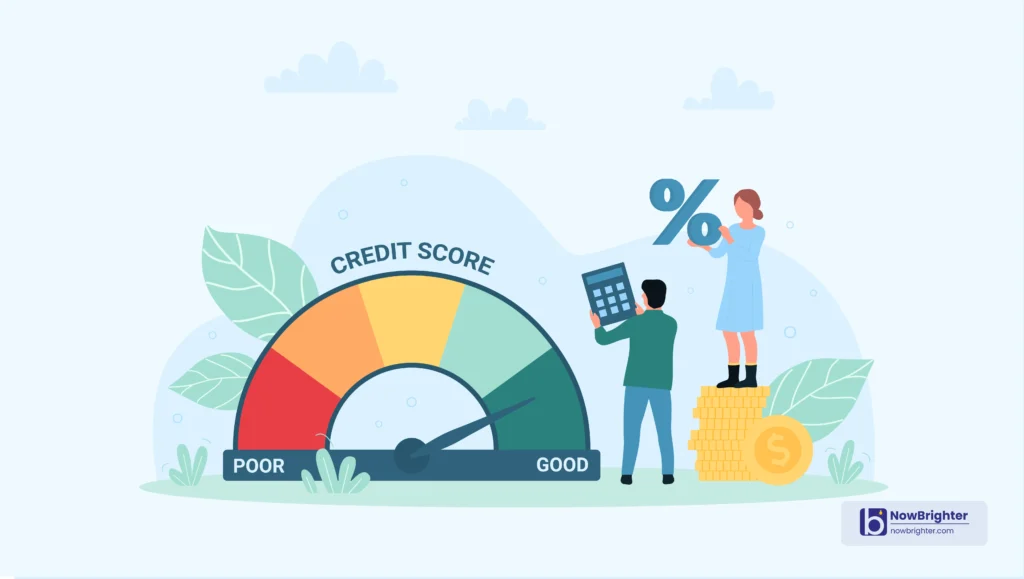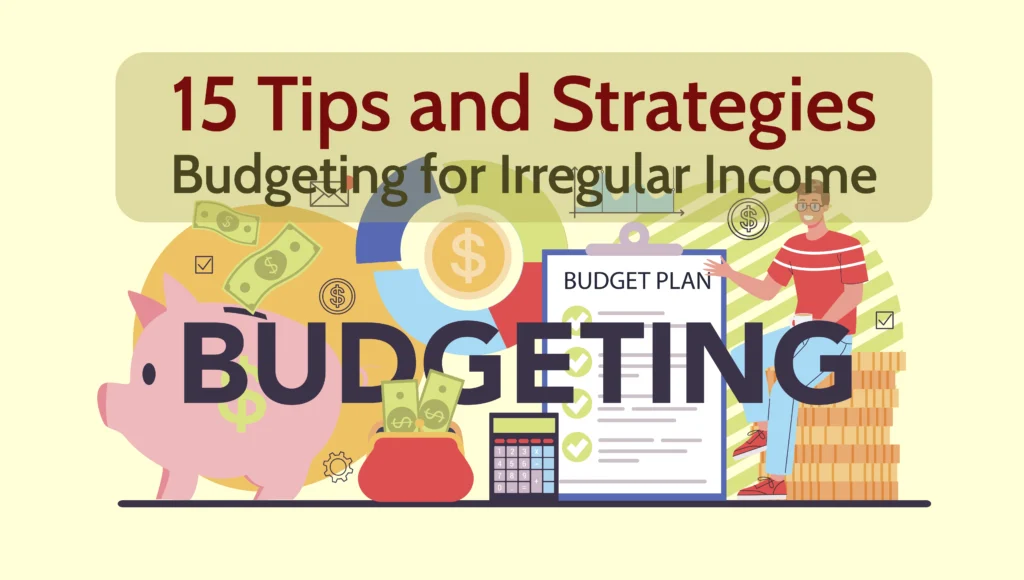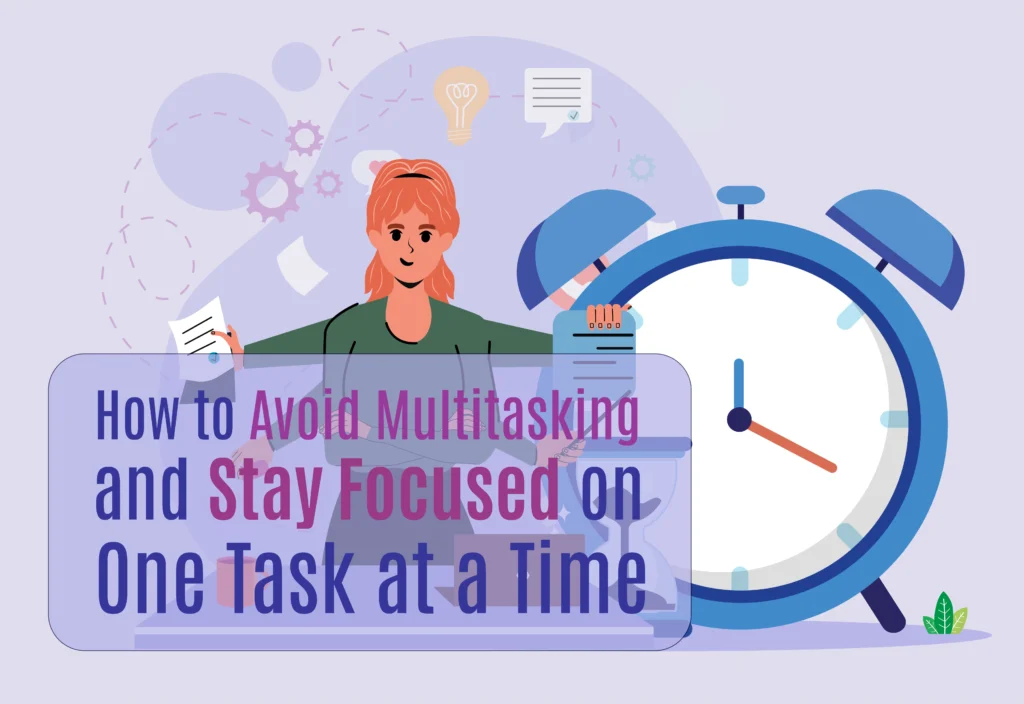What Is a Good Credit Score and How to Achieve It?
A good credit score is one of the most important factors in your financial health. Whether you’re looking to buy a home, take out a car loan, or apply for a credit card, your credit score plays a pivotal role in determining the interest rates and loan terms you’ll be offered. Beyond borrowing, a good credit score can impact everything from renting an apartment to securing lower insurance premiums.
In this guide, we’ll explain what a good credit score is, why it matters, and how you can achieve and maintain a strong score.

What Is a Credit Score?
A credit score is a numerical representation of your creditworthiness. It reflects how responsible you are with managing credit, and it’s used by lenders to assess the risk of extending credit to you. Essentially, your credit score is a snapshot of your financial habits—how you handle debt, whether you pay bills on time, and how much of your available credit you’re using.
How Credit Scores Work
Credit scores are calculated using data from your credit report, which is compiled by major credit bureaus—Equifax, Experian, and TransUnion. The two most commonly used credit scoring models are FICO and VantageScore. While both models use similar factors to determine your score, FICO is the most widely used by lenders when evaluating loan applications.
Your credit score is used by various entities, including banks, credit card companies, landlords, and even employers. It helps these organizations determine your financial reliability and risk. A higher score signals that you are a responsible borrower, while a lower score may suggest a higher likelihood of defaulting on payments.
Types of Credit Scores
There are different types of credit scores, but the two most important are the FICO score and the VantageScore. Both models range from 300 to 850, but they weigh certain factors slightly differently. FICO scores are generally favored by most lenders, and they are calculated using five key factors (which we’ll explore later). VantageScores are similar but put a bit more emphasis on total balances and credit utilization.
Knowing which score your lender uses can give you insight into how to improve your chances of getting approved for loans, credit cards, or other financial products.
Credit Score Ranges Explained
Credit scores typically fall within set ranges that indicate different levels of creditworthiness. Understanding these ranges will help you see where you stand and what you need to do to improve your score.
Excellent Credit (750-850)
A credit score in the range of 750 to 850 is considered excellent. If you’re in this range, you have access to the best financial products, such as premium credit cards, the lowest interest rates on loans, and top-tier rewards programs. People with excellent credit are seen as low-risk borrowers, which makes it easier to secure approval for mortgages, auto loans, and other forms of credit.
Good Credit (700-749)
A score between 700 and 749 is classified as good credit. With a good credit score, you’ll still qualify for favorable loan terms, although your interest rates may be slightly higher than those with excellent credit. Most lenders view borrowers with good credit as reliable and trustworthy, meaning you’ll have access to a wide range of credit cards, loans, and mortgages.
Fair Credit (650-699)
Fair credit falls between 650 and 699. If you’re in this range, you might still qualify for loans and credit cards, but you’ll likely face higher interest rates and stricter terms. Lenders may view you as a moderate risk, so approval isn’t always guaranteed. Improving your credit score can open up better financial opportunities.
Poor Credit (600 and Below)
A score of 600 or below is considered poor credit. Borrowers in this range may have trouble securing loans, and if they do, the interest rates will likely be very high. A poor credit score can limit your ability to get approved for credit cards, rent an apartment, or even qualify for certain jobs. If you’re in this range, focusing on improving your credit should be a priority.
≫ Related Post: Credit Score 101: Understanding What Impacts Your Credit Score
Why Is a Good Credit Score Important?
A good credit score opens doors to better financial opportunities. It not only determines whether you’ll be approved for credit but also what terms and interest rates you’ll be offered. The higher your credit score, the more money you can save over the life of a loan or credit product.
Better Loan and Mortgage Approval Chances
One of the most significant benefits of having a good credit score is the increased likelihood of loan and mortgage approval. Lenders use your credit score as a benchmark to evaluate your ability to repay the loan. A good score indicates that you have a history of managing credit responsibly, making lenders more confident in offering you credit. This is especially crucial for major financial decisions, such as buying a home or financing a car.
Lower Interest Rates and Better Terms
A good credit score not only improves your chances of being approved for loans but also helps you secure lower interest rates. Even a small difference in interest rates can translate into significant savings over the life of a loan. For example, a lower interest rate on a mortgage can save you tens of thousands of dollars over a 30-year loan term. Additionally, borrowers with good credit often enjoy better loan terms, such as higher borrowing limits and longer repayment periods.
Easier Access to Credit Cards with Rewards
Having a good credit score also gives you access to credit cards that offer rewards such as cashback, points, or miles. These rewards cards typically require a good or excellent credit score for approval, and they often come with added perks like travel insurance, extended warranties, and purchase protections. With a strong credit score, you can take advantage of these benefits and earn rewards for your everyday spending.
Impact on Renting and Insurance
Your credit score can also affect your ability to rent a home or apartment. Many landlords check credit scores as part of the rental application process. A good score can make the difference between being approved or denied for a lease. Additionally, some insurance companies use credit-based insurance scores to determine your premiums. A good credit score can lead to lower insurance premiums for auto, home, and renters insurance.
How Is Your Credit Score Calculated?
Understanding how your credit score is calculated can help you take the right steps to improve it. Both FICO and VantageScore use similar criteria to evaluate your creditworthiness, but they may weigh factors differently. Here’s a breakdown of the key factors that affect your score.
Payment History (35%)
Your payment history is the most important factor in your credit score, accounting for 35% of the total calculation. It shows whether you’ve made your payments on time, and any late or missed payments can have a significant impact on your score.
Missed Payments
If you miss a payment, especially one that’s more than 30 days late, it can hurt your credit score for up to seven years. It’s critical to pay your bills on time to maintain a good score. Setting up automatic payments or payment reminders can help ensure you never miss a due date.
Credit Utilization (30%)
Credit utilization refers to the amount of your available credit that you’re using. It’s calculated by dividing your total credit card balances by your total credit limits. This factor accounts for 30% of your credit score.
Keeping Utilization Below 30%
To maintain a good credit score, it’s important to keep your credit utilization below 30%. For example, if your total credit limit is $10,000, you should aim to use no more than $3,000 of that limit at any given time. Lower utilization rates show lenders that you’re managing your credit responsibly.
Length of Credit History (15%)
The length of your credit history makes up 15% of your credit score. This factor looks at how long your credit accounts have been open, with older accounts contributing positively to your score. It also considers the average age of all your credit accounts.
Why You Should Keep Older Accounts Open
Closing old accounts can hurt your credit score by shortening your credit history. Even if you no longer use a particular credit card, it’s often better to keep the account open (as long as there’s no annual fee) to maintain a longer credit history.
New Credit Inquiries (10%)
Whenever you apply for new credit, lenders make a hard inquiry into your credit report, which can temporarily lower your score. New credit inquiries account for 10% of your credit score.
Hard vs. Soft Inquiries
Hard inquiries occur when a lender checks your credit in response to a credit application. These can lower your score if you apply for multiple accounts in a short time. Soft inquiries, such as checking your own credit or pre-approval offers, do not affect your score.
Credit Mix (10%)
Credit mix refers to the variety of credit accounts you have, including credit cards, mortgages, auto loans, and student loans. Having a diverse mix of credit types makes up 10% of your score. Lenders like to see that you can manage different kinds of credit responsibly.
Common Mistakes That Hurt Your Credit Score
Maintaining a good credit score requires careful management of your finances. Avoiding common mistakes will help you protect your score and improve your financial standing.
Missing or Late Payments
One of the biggest mistakes that can hurt your credit score is missing payments. Even one late payment can have a negative impact, so it’s essential to make on-time payments consistently. Consider setting up automatic payments or reminders to ensure you never miss a payment.
Maxing Out Credit Cards
Maxing out your credit cards can significantly hurt your credit utilization ratio, which in turn lowers your score. To avoid this, try to keep your credit card balances well below the credit limit and pay off your balance in full each month.
Closing Credit Accounts
Closing credit accounts, especially older ones, can reduce the average age of your credit history and lower your score. If you have a credit card with no annual fee, it’s generally a good idea to keep it open, even if you don’t use it regularly.
Applying for Too Much Credit at Once
Applying for several credit accounts in a short period can lead to multiple hard inquiries, which can temporarily lower your score. Spread out your credit applications and only apply for new credit when necessary.
How to Achieve a Good Credit Score
If you’re aiming to achieve a good credit score, here are some strategies to help you get there.
Pay Your Bills on Time, Every Time
The single most important thing you can do to improve your credit score is to make all of your payments on time. Set up automatic payments or reminders to ensure you never miss a due date. Even one late payment can hurt your score, so consistency is key.
Keep Your Credit Utilization Low
Keep your credit card balances low relative to your credit limits. Aim for a utilization rate of 30% or lower, and if possible, pay off your credit card balances in full each month. If you find yourself carrying a balance, consider requesting a credit limit increase to lower your utilization ratio.
Limit New Credit Applications
Avoid applying for multiple credit accounts in a short period, as this can lead to hard inquiries and lower your score. Only apply for new credit when necessary, and try to space out your applications to minimize the impact on your credit score.
Diversify Your Credit Mix
Lenders like to see a mix of different types of credit, such as credit cards, installment loans, and mortgages. If you have only one type of credit, consider diversifying your credit profile by responsibly taking on other types of loans when needed.
Keep Old Accounts Open and Active
Maintaining older credit accounts can help improve the length of your credit history, which positively affects your score. Even if you don’t use an older credit card frequently, keeping it open can benefit your overall credit profile.
Monitor Your Credit Report Regularly
Regularly checking your credit report ensures that all information is accurate and up to date. You’re entitled to one free credit report per year from each of the major credit bureaus, and many financial institutions offer free credit monitoring tools to track changes in your score.
How to Dispute Errors on Your Credit Report
If you find errors on your credit report, such as incorrect account information or fraudulent activity, you can dispute them with the credit bureau. Correcting these mistakes can improve your score and protect your financial health.
How Long Does It Take to Achieve a Good Credit Score?
Building or improving a credit score takes time, but with patience and discipline, you can achieve a good score. The time it takes to reach a good credit score depends on where you’re starting from and how diligently you manage your credit.
Starting from Scratch
If you’re building credit from scratch, it can take six months to a year to establish a credit history and achieve a good score. Tools like secured credit cards and credit-builder loans can help you get started.
Improving a Fair or Poor Credit Score
If you already have a fair or poor credit score, improving it will take time, but the more consistently you manage your credit, the faster you’ll see progress. It may take one to two years of on-time payments and low credit utilization to reach a good score, depending on how low your score currently is.
Tools and Resources to Help You Build a Good Credit Score
Building and maintaining a good credit score is easier with the right tools and resources. Here are some that can help.
Credit Monitoring Services
Credit monitoring services track changes in your credit report and alert you to potential fraud or errors. Many banks and credit card companies offer these services for free, or you can use third-party services like Credit Karma or Experian.
Budgeting and Debt Management Tools
Budgeting apps like Mint or You Need a Budget (YNAB) can help you manage your finances, track your spending, and prioritize debt repayment—all of which can improve your credit score.
Working with a Financial Advisor
If you’re struggling to manage your credit, consider working with a financial advisor who can offer personalized advice and help you create a plan to improve your score.
Conclusion
A good credit score is essential for achieving financial security and accessing the best financial products. By understanding how your score is calculated and following the strategies outlined in this guide, you can build or improve your credit score and enjoy the benefits of lower interest rates, better loan terms, and increased financial opportunities. Stay consistent with your efforts, monitor your progress, and avoid common mistakes that could hurt your score. With time and responsible financial management, you’ll be able to achieve and maintain a strong credit score.












